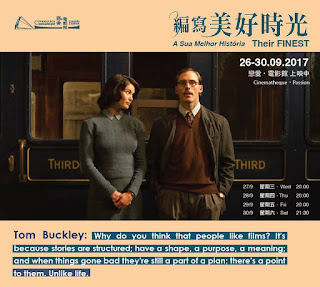It was the feast of Christ the King yesterday and an Advent retreat was
held for the Mong Ha Sunday school staff.
Father Joey Mario O. Mandia, our retreat director, inspired us
greatly with useful information in relation to Christ’s kingship. With special
emphasis on our need for regular confessions, he explained very carefully how
we should live our lives on earth in order to enter the Kingdom of God after
death. Finally, he discussed how we became united in the kingship of Christ
through baptism and how we should share in His kingly, priestly and prophetic
offices in our everyday lives.
His talk initiated a lot of our thinking. And we appreciated the
opportunity to ask related questions at intervals throughout the discussion.
Indeed a lot of questions were raised and Father Mandia not only answered every
one of them with patience and wisdom but also guided us to explore deeper into
the issue being discussed.
Among the questions, a few were related to Penance, Absolution and Forgiveness
of Sins. We were particularly curious about Hell and Purgatory. There was, for
example, concern about the Final Judgment for our friends and relatives who were
unfortunately deprived of the identity as children of God. Though Father Mandia
humbly referred to this as one of the questions to which only God has the
answers, what he said lessened our anxiety and brought us hope about helping our
dear ones.
Personally, I was inspired most by Father’s advice to examine our
consciences in light of the Ten Commandments. He suggested doing this three
times a day. This is good preparation for a confession. What I had not thought
of before was the fact, according to Father Mandia, that while reflecting on our
wrong deeds, we sometimes discover something good about ourselves. We can then
focus more of our efforts on our goodness, however trifling in amount, and
gradually achieve reconciliation with God. This, I think, is the best thing
that can happen as a result of an examination of conscience.
I am not sure if I am capable of a daily examination of my conscience.
But I am very thankful to Father for a very enlightening retreat. His advice
has helped me make up my mind to be more serious about going to confession
regularly and about the fulfillment of my kingly, priestly and prophetic duties
in my life as a Christian.















